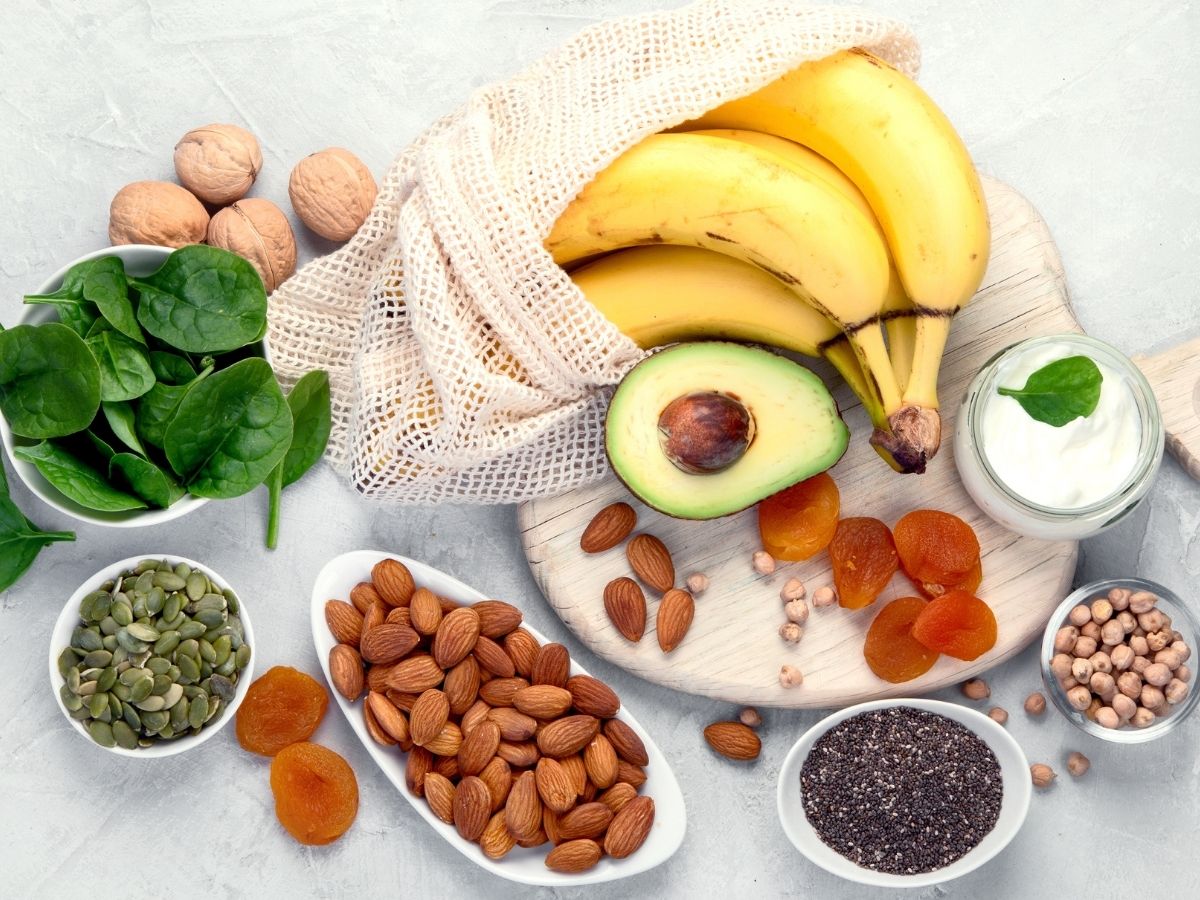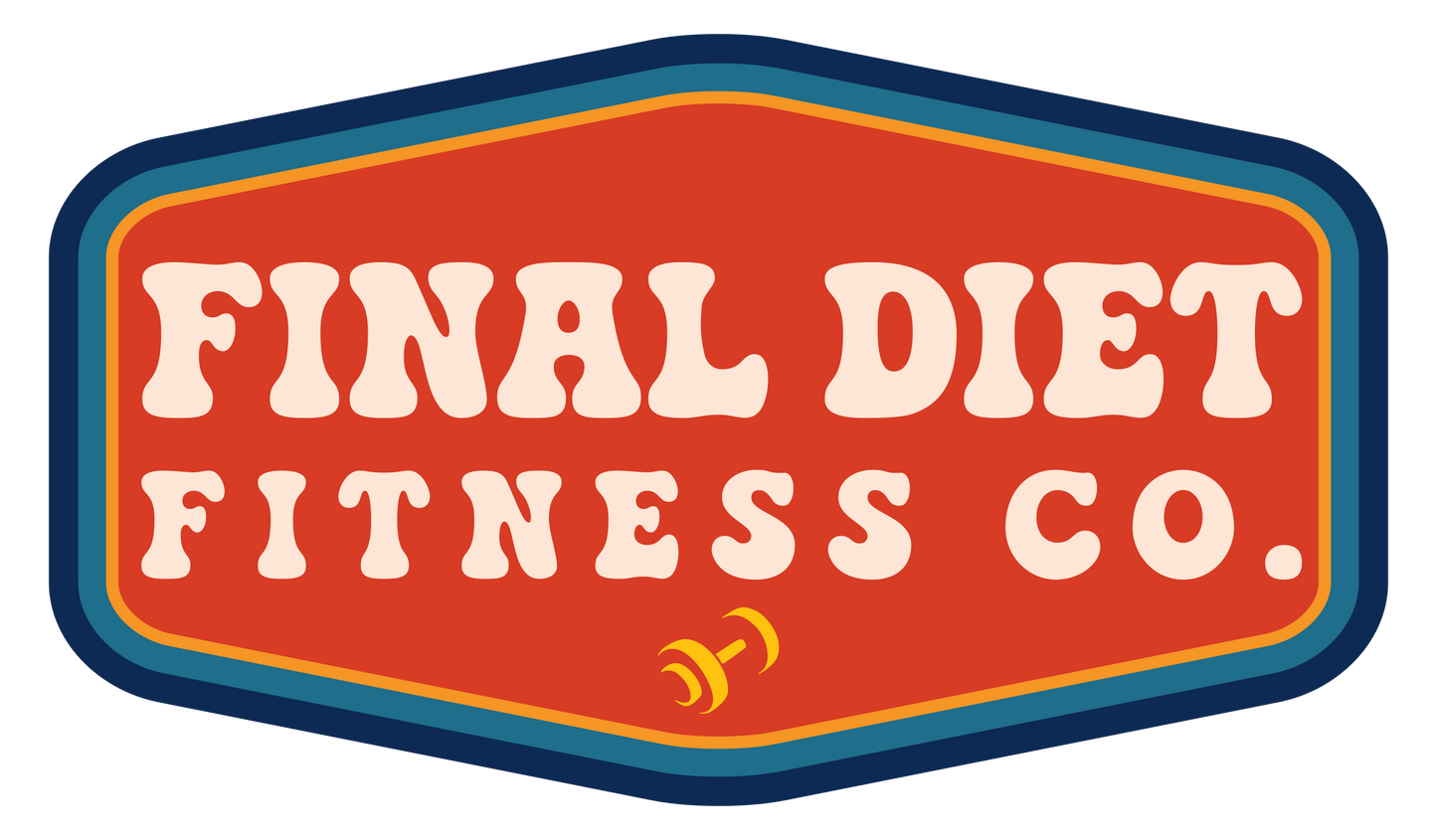
The Unsung Heroes of Performance Nutrition
When most people think about fueling their workouts, they focus on protein and calories. But your success in the gym doesn’t just depend on macronutrients—it also relies on a foundation of micronutrients, especially magnesium, potassium, and calcium. These three minerals are involved in everything from muscle contraction to heart rhythm, recovery, and energy production.
Let’s explore how they work together to keep your body performing at its best.
1. Magnesium: The Metabolic Multitasker
Magnesium is responsible for over 300 biochemical reactions in the human body. It helps your muscles contract and relax, keeps your nerves functioning properly, and regulates the energy molecule ATP.
Signs you might be low in magnesium:
- Muscle cramps or twitching
- Fatigue or “low energy” workouts
- Poor sleep quality
- Frequent irritability or headaches
Best food sources: spinach, almonds, pumpkin seeds, black beans, avocados, and dark chocolate.
Tip: active individuals lose magnesium through sweat—so daily intake matters even more if you train hard.
2. Potassium: The Hydration Hero
Potassium is an electrolyte that balances fluids and helps muscles and nerves communicate. When potassium levels drop, your muscles feel weaker, you cramp more easily, and your performance dips fast.
Why it’s essential for lifters and runners:
- It regulates heart rhythm during intense exercise.
- It supports hydration alongside sodium.
- It helps muscles contract efficiently under load.
Top potassium-rich foods: bananas, potatoes, oranges, beans, yogurt, and leafy greens.
3. Calcium: More Than Bone Health
Everyone knows calcium builds strong bones, but it’s also vital for muscular function. Without enough calcium, your muscles struggle to contract efficiently, and recovery can suffer.
Calcium’s hidden roles:
- Triggers muscle contractions
- Regulates hormone secretion
- Aids fat metabolism and bone density maintenance
Top sources: dairy products, fortified almond milk, tofu, salmon with bones, and kale.
4. How These Minerals Work Together
These minerals don’t operate in isolation. Magnesium helps regulate calcium levels in muscle tissue, while potassium balances sodium and hydration inside your cells. A deficiency in one can impact the absorption or efficiency of the others.
Example: if you’re dehydrated or eating too few fruits and vegetables, potassium drops—making calcium and magnesium less effective.
5. Getting Enough in Your Diet
The simplest way to maintain mineral balance is through whole foods.
- Include leafy greens, legumes, nuts, dairy, and fruits daily.
- Limit processed foods high in sodium, which deplete potassium.
- For athletes or high sweaters, consider an electrolyte powder with magnesium and potassium.
Key Takeaway
Building strength and recovery isn’t just about hitting your macros. Think of magnesium, potassium, and calcium as your “support team”—keeping muscles firing, energy stable, and performance high. Prioritize them daily, and your workouts will feel smoother, stronger, and more consistent.
